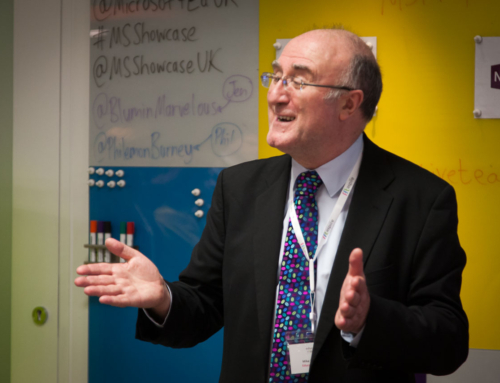Education Datalab brings together a group of expert researchers who all believe we can improve education policy by analysing large datasets.
In this week of our launch I’ll explain what we hope to achieve. This is something I’ve had to think a lot about these past few weeks. I went on leave from my academic post at UCL Institute of Education at short notice in the lucky position of being offered the chance to run a new venture without having to worry about a job interview or raising funding. FFT have left us completely free to write our own mission statement, business model, and grand plan. This is where we’ve got so far.
We intend to be responsive…
Every week I read something in the papers or on Twitter and think ‘but I could answer that question or inform this debate if I had the time to open up the data and have a quick look’. Data can’t make good policy, but it can help policy-makers better understand the education system they are trying to reform. In the report we publish on Wednesday, I’ve written something about teachers in shortage subjects. It wasn’t my idea. I wrote it because a senior Civil Servant kept saying ‘but why can’t we just check some of these assumptions we are making in the data?’ So I did.
We will take the initiative …
We have the luxury of being an independent wing of FFT with time to look at things, just because we think they are important or interesting. I still care about and want to write about the things I’ve written about for the past decade: cleaning up school admissions; judging school performance intelligently and fairly; and understanding why some teachers get on while others get out.
We hope we’ll be reflective…
Some of the Datalab members have spent time inside FFT building statistical models that monitor pupil and school performance. The starting point of the ‘Fischer Education Project’ was a simple insight: ‘given we have this pupil attainment data, what can it tell us?’ I am a microeconomist by training, a tribe notorious for taking data and using it without thinking too deeply about what it really measures. But in this ‘Life After Levels’ with changes in Key Stage assessments, the entire education profession is returning to the fundamental questions of what data should be collected and how it should be used. We hope to contribute to this conversation.
We are collaborative…
We excel in analysing large scale datasets. Where questions can be best answered using multiple research methods then we’ll seek research partners who are the best in their field. We’ll work with educational organisations to help them use data to adapt what they think and do. And we’ll work with schools to learn how policies are interpreted at the chalk-face and to help us understand how to interpret the data we collect on them.
In short, we aim to turn curiosity about education into quantitative analysis: analysis that shapes the way we think about schools and colleges. Whether you are a teacher, an organisation that works with young people, a policy maker, a commentator, a fellow researcher or an interested member of society we would love to join your conversation about creating the education system our children deserve.
Let us know what questions we should be looking to solve.




Leave A Comment